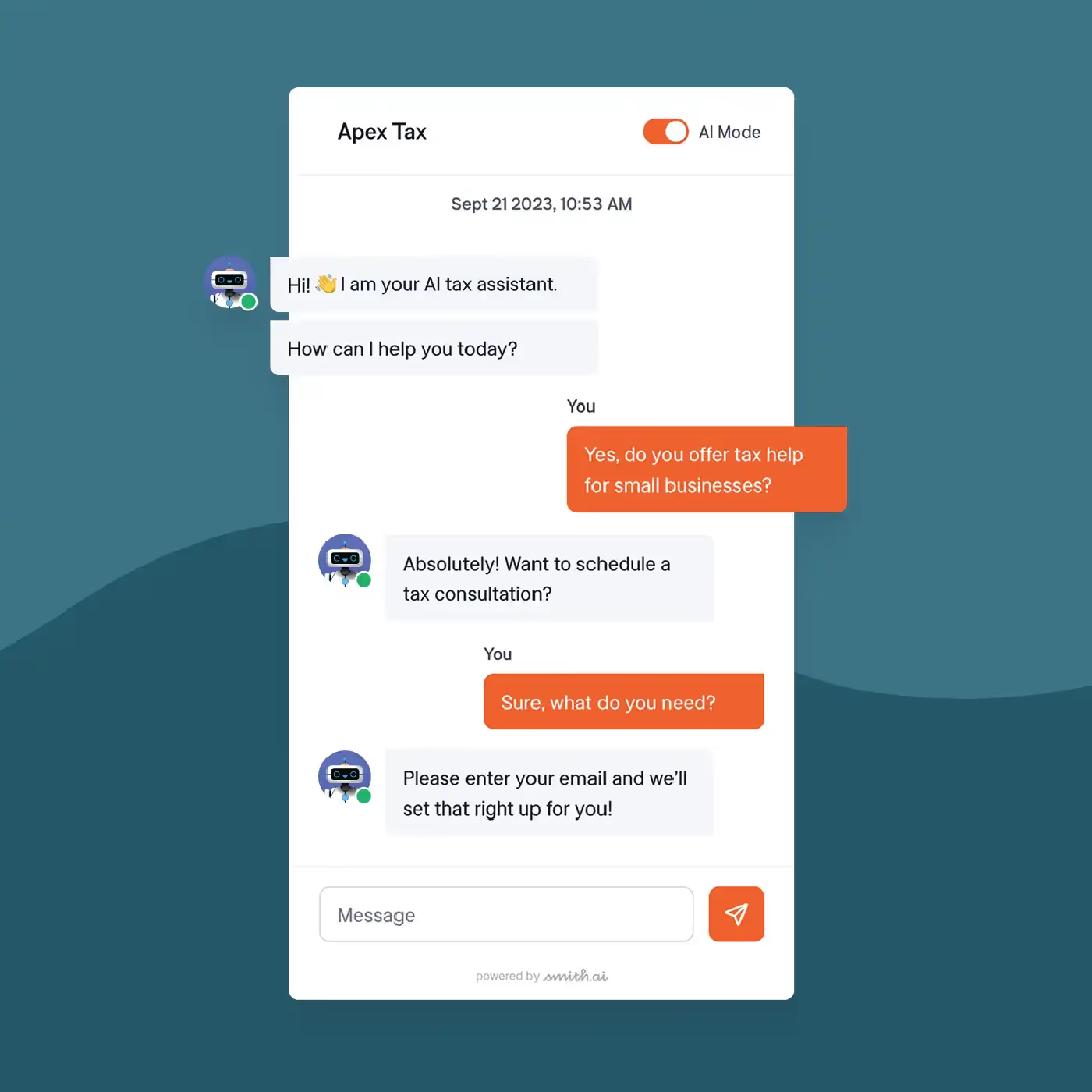How to Apologize Without Saying Sorry and Keep Your Integrity
How to Apologize Without Saying Sorry and Keep Your Integrity

Ever notice how saying "sorry" doesn't always fix things? Especially in business, there are much better ways to apologize without actually using that overused word. Learning how to apologize without saying sorry can transform client relationships when mistakes happen.
Businesses who know how to make things right after mistakes happen keep their customers' trust. And it pays off too. Companies with good communication outperform their competitors by 3.5 times.
In this article, we'll explore practical alternatives to saying "sorry" in business settings, industry-specific approaches to making things right, and how implementing better communication systems can prevent apology situations in the first place.
Why traditional apologies often fall short
We've all heard so many empty "sorrys" that the word has lost its punch. When businesses toss out standard, cookie-cutter apologies, they often damage client trust instead of rebuilding it. Most companies put out public apologies after mistakes, but do customers actually believe them? Not really.
These hollow apologies hurt businesses in real ways:
- You miss chances to make more money when clients don't feel you genuinely addressed their concerns
- You lose customers who get fed up and take their business elsewhere
- Bad word-of-mouth spreads, hurting your reputation and scaring off potential new clients
This hits small and medium businesses especially hard. Unlike big corporations with dedicated customer service teams, smaller companies rely heavily on individual client relationships but often lack the resources to manage them properly when things go wrong.
The anatomy of an effective business apology
When you need to make things right with a client, there are four key ingredients that work better than just saying "sorry":
Tell it like it is without getting defensive or hiding behind jargon. Just explain what happened in plain language. This builds trust because you're not shifting blame or downplaying the situation.
Show you get how it affected them by acknowledging the impact on their business, time, or feelings. When you validate their experience, it shows you're listening and you care.
Own it directly by using clear, straightforward language about your responsibility. Skip vague phrases like "mistakes were made" and say "we missed this" or "I overlooked that" instead.
Lay out your fix with specific steps you're taking to solve the problem and prevent it from happening again. This reassures clients you value the relationship enough to make real changes.
This approach works inside your company too. 96% of employees prefer communication with empathy, and it helps keep your team together. How your team talks to each other directly impacts how they handle tough client situations.
Professional alternatives to "sorry"
Instead of defaulting to that overused s-word, try these more effective phrases:
Show you understand what happened:
- "I can see how this disrupted your schedule"
- "I understand this created extra work for your team"
Express appreciation for their patience:
- "Thank you for bringing this to our attention"
- "I appreciate your patience while we fix this"
Take clear ownership:
- "This was my responsibility, and I'm addressing it"
- "Our team missed this, and we're taking full ownership"
Focus on action and solutions:
- "Here's exactly what we're doing to fix this right now..."
- "I've personally implemented these changes to prevent this from happening again..."
Industry-specific apology approaches
Different industries face their own unique challenges when making things right with clients:
For lawyers and legal teams, the trick is owning mistakes while still maintaining your professional credibility. You can acknowledge errors while highlighting the steps you're taking to fix them and reminding clients of your expertise in relevant areas. When clients get upset, having a clear plan to turn their frustration around makes all the difference.
Healthcare providers walk a particularly delicate line since mistakes can have serious consequences. You need to communicate with genuine empathy while maintaining appropriate professional boundaries, and make sure to document your follow-through clearly to rebuild trust.
E-commerce businesses typically deal with shipping delays, inventory problems, or service hiccups. The best approaches include:
- Offering compensation that actually matches how much inconvenience you caused
- Keeping customers updated throughout the whole resolution process
- Building better systems to prevent similar problems in the future
Service businesses can actually turn mistakes into relationship-builders through what experts call the "recovery paradox" — where solving a problem exceptionally well creates stronger loyalty than if nothing had gone wrong in the first place. This means going beyond the minimum and showing extraordinary commitment to making clients happy.
How AI-enhanced communication prevents apology situations
The best way to handle apologies? Prevent the need for them in the first place. The AI Receptionist from Smith.ai offers an AI-led, human-backed call-answering system that keeps client communication consistent:
- It answers calls 24/7, so you never miss a client trying to reach you
- It delivers the same quality messaging no matter when someone calls
- It screens leads properly so potential clients always get the right attention
The AI Receptionists from Smith.ai cuts down on communication mistakes by:
- Eliminating missed appointments with automated scheduling
- Capturing messages accurately and routing them to the right team members
- Providing consistent client experiences through AI call answering
Building a solid client communication strategy helps you avoid apology situations altogether. The system from Smith.ai connects with over 5,000 applications to sync data in real-time, preventing the communication breakdowns that often require business apologies.
One of the biggest benefits? Maintaining quality service even during super busy periods when your human team might get overwhelmed. By handling routine calls automatically while smoothly transferring complex situations to human receptionists, Smith.ai creates a communication system that dramatically cuts down on mistakes.
Implementing better communication systems
Creating consistently positive customer experiences means building communication systems that catch problems before they happen. Here's how businesses can do this:
Create communication playbooks tailored to your business:
- Develop templates for responding to common client situations
- Set up clear escalation paths for tricky issues
- Keep track of communication preferences for your important clients
Train your team to handle client conversations effectively:
- Practice difficult conversations through role-playing
- Regularly review communications to spot areas for improvement
- Give feedback that emphasizes both empathy and accountability
With this technology, you can enhance your communication capabilities without hiring more people. You'll get scalable customer service that maintains consistent quality no matter how many calls come in. This hybrid approach combines AI efficiency with human expertise when you need it.
The business case for investing in better communication is compelling when you look at the numbers:
- Acquiring new clients costs 5-25 times more than keeping existing ones
- Negative experiences get shared with twice as many people as positive ones
- Employees who stay informed outperform their peers by 77%
By analyzing your past client interactions, you can identify weak spots in your communication before they affect client relationships and prevent future situations that would require apologies.
The Best Apology Is Prevention
Great communication gives you a real edge in today's business world. While knowing how to apologize effectively can repair damaged relationships, it's even better to prevent situations that require apologies in the first place. Smith.ai helps businesses maintain strong communication through AI-enhanced solutions that combine technology with human expertise.
The most powerful apology is the one you never have to make because your communication systems prevented the issue. By using the strategies we've covered and leveraging AI-enhanced communication tools, you can significantly reduce apology situations while building stronger client relationships.
Want to improve your business communication systems? Book a free consultation with The AI Receptionist from Smith.ai today to see how the AI Receptionist and other communication solutions can transform how you connect with clients.
Take the faster path to growth. Get Smith.ai today.
Key Areas to Explore

Your submission has been received!














.svg)



